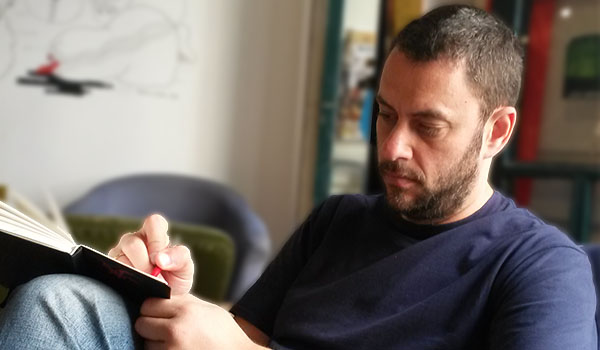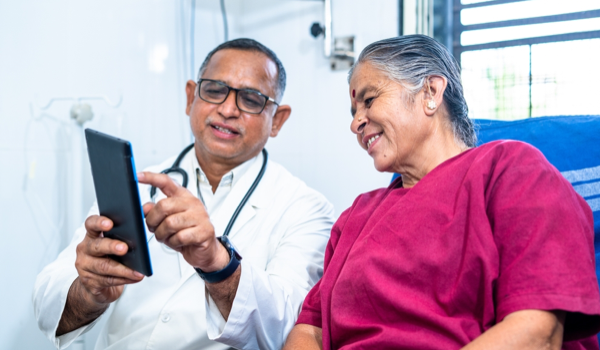


FAIRFIELD, CONNECTICUT - Rochelle Walensky, director of the United States Centers for Disease Control and Prevention (CDC), recently acknowledged, poor public health communication and messaging throughout the COVID-19 pandemic have damaged the public’s trust in health agencies and institutions. This has in turn contributed to well-known problems such as vaccine hesitancy, defiance of mask recommendations and other protective measures, and general misinformation about the virus and how it spreads.
Only 52 percent of Americans now place a great deal of trust in the CDC, and only 37 percent have much confidence in the US’ National Institutes of Health or the Food and Drug Administration, according to a 2021 poll from the Robert Wood Johnson Foundation and the Harvard T.H. Chan School of Public Health. State health departments fare little better. They are trusted by just 41 percent of Americans, with local health departments trusted by 44 percent, and the positive ratings of the public health system declined to 34 percent from 43 percent between 2009 and 2021, the same poll shows.
Clearly, public health agencies need to do more to win back the public’s trust, and not just to combat current crises like COVID-19 and monkeypox, but also to address a wider range of ongoing health issues. This process must start with a commitment to community engagement, partnerships across other sectors like housing and education, effective communication at every level, and transparency and integrity in decision-making.
Public health officials often mu
The content herein is subject to copyright by Project Syndicate. All rights reserved. The content of the services is owned or licensed to The Yuan. The copying or storing of any content for anything other than personal use is expressly prohibited without prior written permission from The Yuan, or the copyright holder identified in the copyright notice contained in the content. Continue with Linkedin
Continue with Linkedin
 Continue with Google
Continue with Google









 1141 views
1141 views








